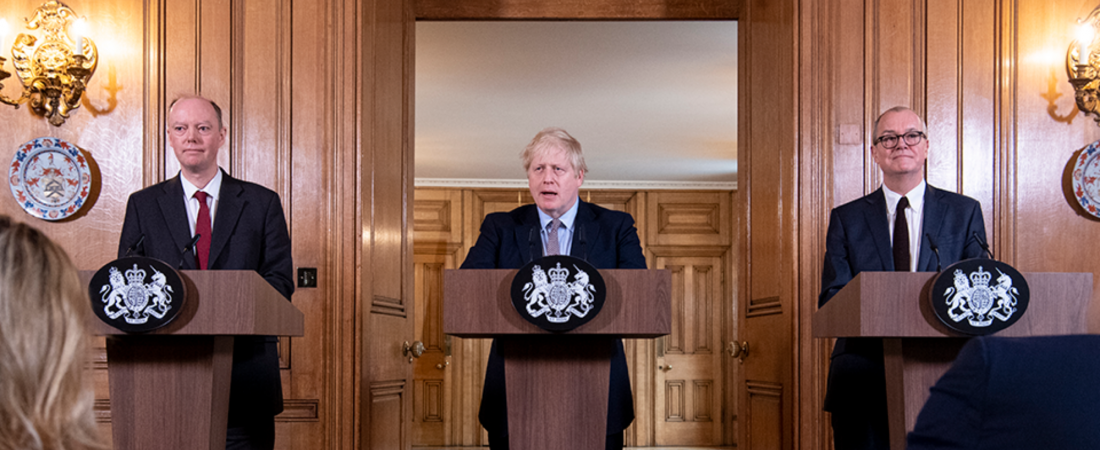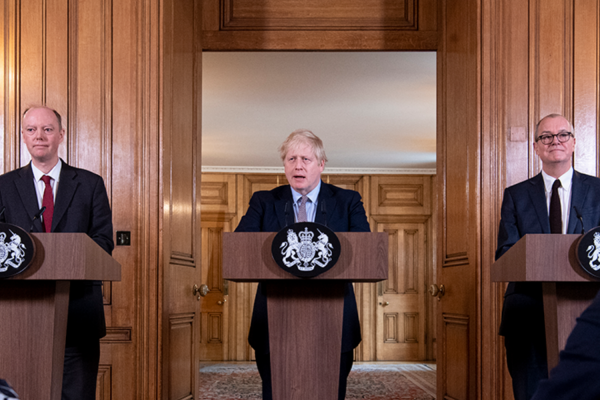As the UK lockdown continues, many tenancies will begin or come to an end. Usually, landlords would perform an inventory of the property, compare it to the inventory at the beginning of the tenancy, and use this as evidence of any damage caused during the tenancy.
In normal times, landlords should not return the tenancy deposit without first inspecting the property for damage, or ordering a professional inventory clerk to do so. But social distancing measures and risk of coronavirus infection may mean that it is no longer appropriate or possible for landlords to attend the property or get a professional to do so.
OpenRent has worked with tenancy deposit scheme MyDeposits to produce this guidance.
Performing Inventories for New Tenancies During Lockdown
Inventories should be performed at the beginning and end of a tenancy. If you have tenants moving in, then you would ideally perform one where it is possible and safe to do so. It may be safe to perform a check, or order one, if the property has been vacant for some days. Should this not be possible, then the condition of the property can be assessed via other means.
One option is to perform a video call with the new tenants once they have moved in. You can direct them to send video of each room of the property and what fixtures and furnishing to inspect. Remember to record the condition and the level of cleanliness. The new tenants will want to get this correct as it forms the baseline against which they will be judged, and they will be keen to point out damaged or dirty items, since they can then ask for these to be made good.
Tenants can then be given a week to add anything else to the inventory they find (along with photos) and to sign (or agree in writing) that the inventory is an accurate schedule of the property’s state at the beginning of the tenancy.
Another option is to use the check-out report from the previous tenancy as the inventory for the beginning of the new tenancy. This should only be done if the check-out report was recently performed. Ideally, no work will have been performed or new furnishings added in the intervening period. Again, the new tenants can be given a week to add items to the inventory and then to sign or agree in writing that it is an accurate schedule of the property’s state at the beginning of the tenancy.
Performing End-of-Tenancy Checks During Lockdown
End of tenancy inventories are often performed without the tenant present (although it is always preferable for a tenant to sign a check-out inventory as being accurate, this is not usually possible). Any final inspection should only be undertaken several days after the tenants have vacated the property. This will lower the risk of infection.
An in-person check-out inspection should be avoided where possible. Like the move-in option above, the tenant could video call the landlord and then come to an agreement about any damage or missing furnishings. Both parties could then come to a written agreement about deductions before requesting the appropriate deposit repayments to each party from the relevant deposit protection scheme.
If outgoing tenants have run up rent arrears due to being impacted by coronavirus, then landlords are able to claim deposit deductions to cover the unpaid rent. This should only be done at the end of the tenancy, not on an ongoing monthly basis. It is possible to end the tenancy early by mutual agreement and then use the deposit to pay any unpaid rent. This will prevent tenants running up large arrears over the course of a longer tenancy that they cannot afford to pay, but of course depends on them having alternative accommodation available.
Any deposit money used to cover unpaid rent will not be available to pay for repairs or replacement furnishings. In this case, any excess damage claims would have to be pursued via court, which would be very difficult and time-consuming during lockdown. Landlords must therefore be careful before agreeing with the tenant to put the whole deposit towards rent arrears.
Can I Still Order a Professional Inventory Clerk?
OpenRent’s inventory partners plan to resume inventory work in some areas from 14th April. Assuming that no new, stricter distancing guidance is introduced by the government, you will be able to order inventory services from that date on our inventories page.
What Precautions Should Be Taken If Performing an Inventory in Person?
Our partners have produced the following guidance in line with the latest government instructions to key workers.
- No tenant, landlord or other parties to be present at a property during inspections
- All properties must have been vacant for at least 3 days before our arrival to minimise risk of contaminated surfaces existing at the property
- Two metres distance to be maintained when collecting or dropping off keys
- All key exchanges/handovers to be done according to social distancing guidelines
For general guidance on staying safe during the COVID-19 lockdown, see the .gov website advice.

